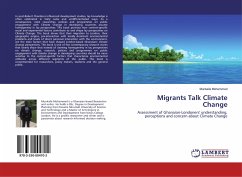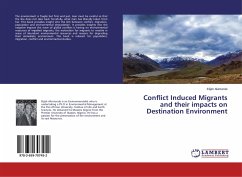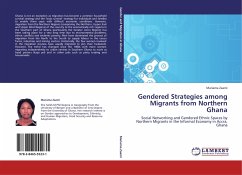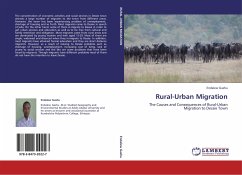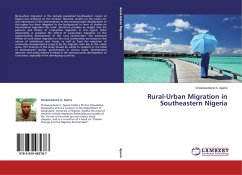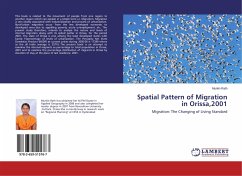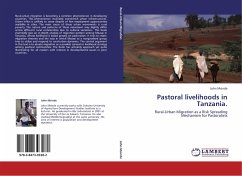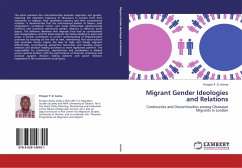In post-Robert Chambers influenced development studies, lay knowledge is often celebrated in fairly naïve and undifferentiated ways. As a consequence, most researches, policies and programmes on public engagement with Climate Change in developing countries assume homogeneity in lay perspectives. This book portrays how context-specific social and experiential factors contribute to and shape lay perspectives on Climate Change. The book shows that their migration to London, their geographic origins, pre-interaction with locally dominant environmental problems and levels of direct personal interaction with the environment, are the main factors that have shaped London-based Ghanaians' climate change perspectives. This book is one of few contemporary research works that clearly show that instead of claiming homogeneity in lay perspectives on climate change, research, policies and programmes on public engagement with climate change in developing countries should be more sensitive to thecontext-specific factors that characterise environmental attitudes across different segments of the public. This book is recommended for researchers, policy makers, students and the general public.

